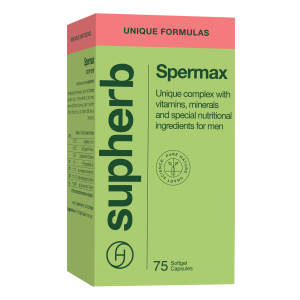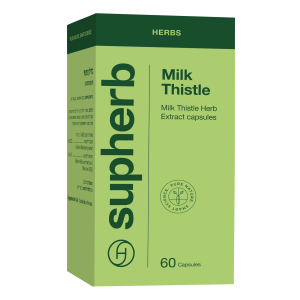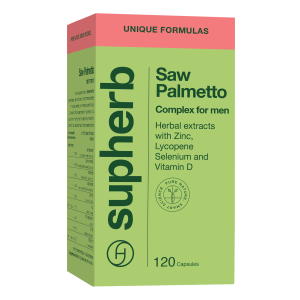Male Fertility – The Link Between Healthy Lifestyle and Nutrition
- 10%-15% of couples have trouble conceiving, with a third of the cases originating in male fertility issues.
- Research found that there’s a link between certain nutritional components and sperm quality and that sperm cells are especially sensitive to free radical damage. Enriching your nutrition with antioxidants is recommended as part of the supportive nutritional treatment.
- You should know that many of the couples that experience fertility issues eventually accomplish the dream of parenting and get pregnant.

Fertility issues in men are more common than you might think. Should the man also prepare his body for the task? Absolutely, yes! The awareness of the link between nutrition and a healthy lifestyle and male fertility is growing. Read her for the important components for male health.
Fertility issues are troubling many couples. Difficulty conceiving could have to do with one of the partners or both, and contrary to popular belief, the issue has to do with male fertility in quite a lot of the cases. Low sperm count and infertility in men are more common than you may think.
Recent findings attribute great importance to lifestyle when it comes to male fertility. Modern lifestyle is often accompanied by stress, malnourishment, overweight, exposure to toxins and more. All these conditions effect male health.
A natural way to preserve proper fertility and treating infertility in men is changing nutritional habits. The right nutrition might significantly affect the quality of the sperm cells, while malnutrition might damage their functioning. It’s also important to know that sperm cells are especially sensitive to free radical damages and so enriching your menu with antioxidants should reduce and even prevent oxidation damages caused by exposure to them.
Supportive nourishment for men’s health
Producing sperm cells requires the materials essential to their building. Enriching your menu with antioxidants, vitamins, minerals and amino acids is recommended in preparing yourself for pregnancy. These considerably effect the integrity of the sperm, its count and mobility. Versatile consumption of whole grains, legumes, vegetables, nuts and seeds is a vital nutritional infrastructure for improving perm count and quality, and would enrich the body with antioxidants.
Important nutritional components for male fertility:
Zinc
One of the most important components for male health and fertility is zinc. Zinc plays many roles in the body, among them its involvement in producing testosterone and its effect on sperm quality, which is why its important for male health. A relatively high percentage of the population suffers from a zinc deficiency, which can’t be traced in a simple blood test.
Zinc in food: beef, chicken, legumes, whole wheats, nuts, seeds, pumpkin seeds, sunflower seeds, tahini.
L-Creatinine
L-Carnitine is an amino acid fund in high dosages in the epididymis, in the male reproductive system where the sperm cells mature and gain their mobility.
L- Creatinine in food: mild and dairy products, fish, chicken and red meat.
L-Arginine
Amino acid used as source material for nitric oxide (NO), which causes vascular expansion and is therefore given as a supplement for sexual enhancement for men.
L-Arginine in food: peanuts, nuts, chocolate, soy, oatmeal, meat and dairy products.
Coenzyme Q10
An antioxidant that’s naturally produced in the body and decreases with age. Research show that taking coenzyme Q10 contributes to the defense of bodily cells from oxygenation damages and might improve sperm quality indexes.
Coenzyme Q10 in food: beef, lamb, fish, soybeans, sesame, corn, spinach, broccoli.
Selenium
Selenium is a versified mineral, among other things it’s important for the reproductive system and operates as an antioxidant. Proper levels of selenium are important for fertility, it’s essential for creating sperm cells and producing testosterone and is overall important for the male health. Selenium’s antioxidant activity especially stands out when combined with vitamin E.
Selenium in food: Brazil nuts, fish, soy, legumes, chicken and eggs.
Vitamin D
Vitamin D is important for male fertility. Research has found a link between low level of vitamin D and a decrease in fertility quality. Vitamin D is essential for producing good sperm and its level should be maintained.
Vitamin D in food: fatty fish, fish oil, eggs, mushrooms, liver.
N-acetylcysteine (NAC)
A derivative of amino acid used as an antioxidant with benefiting effects on sperm quality.












